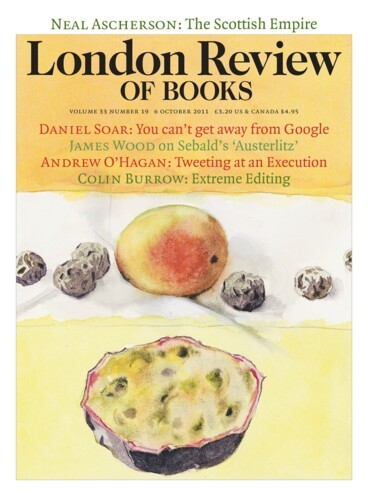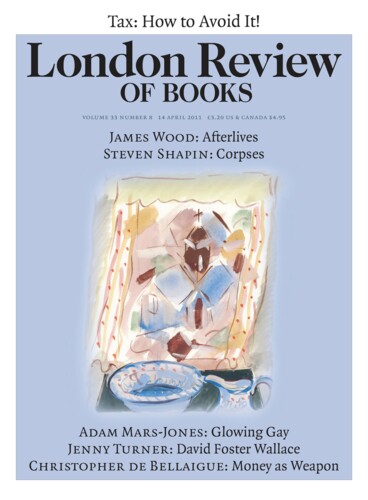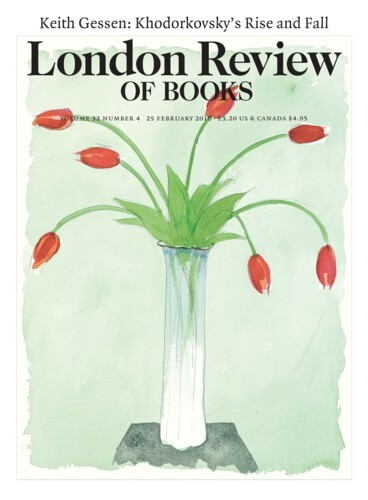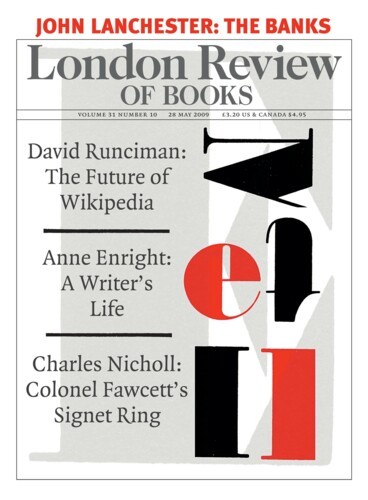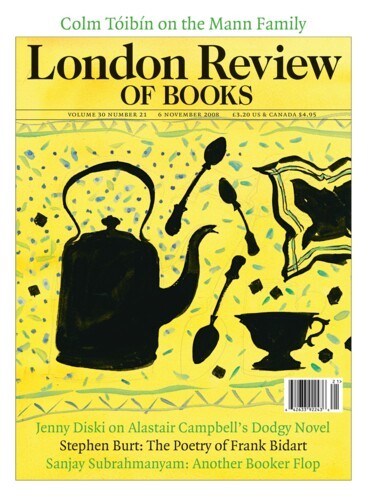Festschriftiness
Susan Pedersen, 6 October 2011
Publishers hate festschrifts, but scholars love them, and this has been a good year, with the publication of collections honouring three men who have done much to shape British social history over the last four decades: Ross McKibbin, Gareth Stedman Jones and Patrick Joyce. I should say before I go any further that I too am a modern British historian: this is my subject and my tribe....
